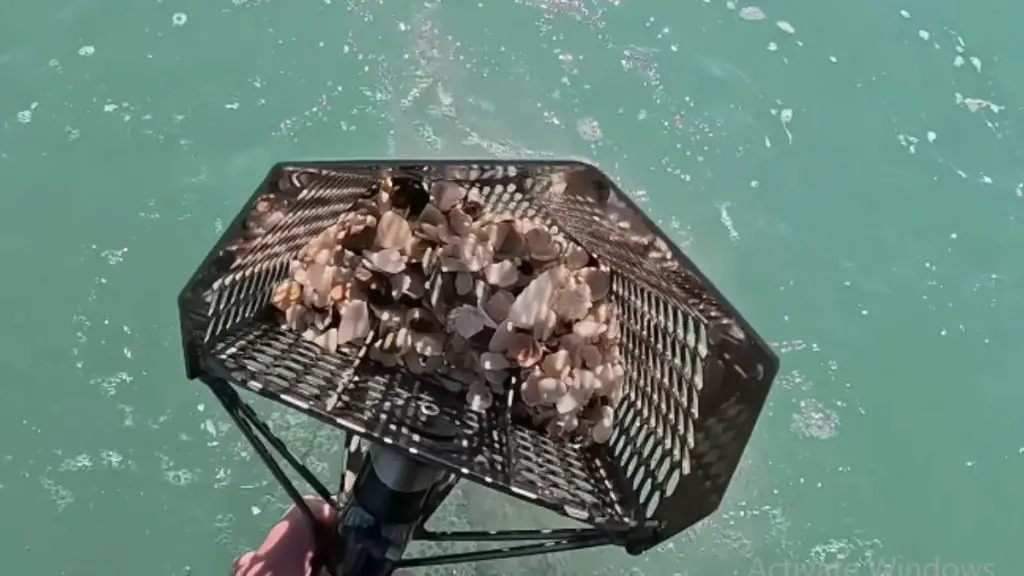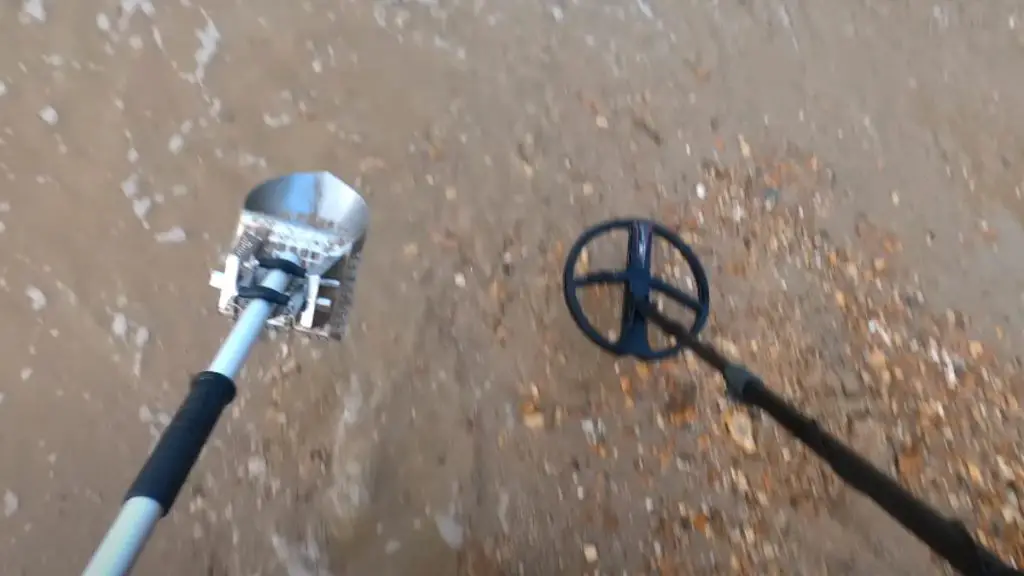Newcastle presents a unique opportunity for enthusiasts and curious adventurers seeking to unearth hidden relics of the past.
This activity not only allows us to connect with history on a personal level but also offers a chance to step outdoors and explore the local environment.
In this guide we’ll discuss the common considerations for metal detection in Newcastle, best places, and tips for metal detection.
Let’s begin!
Metal Detection in Newcastle

The city of Newcastle, with its rich history dating back to Roman times, offers exciting opportunities for metal detection.
This city is known for its historic castles and old battlefields, this area in northeast England has seen many layers of history that could be unearthed by metal detectors.
The best things about metal detecting in Newcastle include the chance to find Roman coins, medieval artifacts, and even remnants from the industrial age.
Some popular spots for metal detection are the beaches along the coast, and rural fields where ancient settlements may have been located.
However, it’s essential to follow the Treasure Act of 1996 and obtain permission from landowners before detecting.
When you’re metal detecting, you should always seek permission from the landowner to avoid trespassing on private property.
Don’t forget to record your finds through the Portable Antiquities Scheme, which helps document archaeological discoveries in England and Wales.
Lastly, be mindful of protected areas such as scheduled ancient monuments or protected wreck sites where metal detecting is strictly prohibited.
Is it legal to Metal Detect in Newcastle?
Firstly, metal detecting is permissible on public land, but only if you’ve obtained prior permission from the local council. On private land, however, the landowner’s consent is essential.
Metal detecting is strictly forbidden in areas of archaeological importance, and failure to comply could result in prosecution under the Protection of Wrecks Act 1973 or the Ancient Monuments and Archaeological Areas Act 1979.
Also, the Treasure Act 1996 stipulates that if you happen to find an object that qualifies as ‘treasure’ — typically, items that are gold, silver, or over 300 years old — you are legally obliged to report such finds to the local coroner within 14 days.
So, you should note that taking your finds without reporting them can lead to criminal charges.
The Portable Antiquities Scheme (PAS) exists to encourage the voluntary recording of archaeological objects found by the public in England and Wales.
By collaborating with local Finds Liaison Officers, you can ensure that your discoveries contribute to the wider understanding of history.
Best Places to go Metal Detecting in Newcastle
The beaches, such as Nobbys Beach and Merewether Beach, are popular places, especially after a busy weekend or a storm when you could unearth lost jewelry or coins.
For history buffs, the area around the Newcastle Fortress and historic sites can be promising, but seek permission as these areas may have restrictions.
Similarly, public parks and old fairgrounds are spots where you might find old relics or coins.
If you want a modern place to try metal detecting, the areas near Newcastle Airport are a good option.
Airports often have interesting finds, so you might discover something unexpected.
Is there any buried treasure in Newcastle?
No known treasure troves have been found in Newcastle, debunking the romantic notion of swashbuckling pirates and hidden riches.
Newcastle’s rich history does include tales of coal mines, shipping trades, and industrial advancements rather than chests of gold doubloons.
That being said, it’s the cultural and historical wealth of Newcastle that can be considered a ‘treasure’ to explore and appreciate.
Museums, historical sites, and architecture stand testament to the city’s valuable past, offering a different kind of treasure.
Metal Detecting on Newcastle Beaches
Metal detecting on Newcastle’s beaches can be an exciting hobby as these shores might reveal hidden treasures and historical artifacts.
However, before starting, you should check with the local council for specific rules as some areas may be protected for wildlife or historical reasons and might prohibit metal detecting.
If you obtain the necessary permissions, always remember to respect the beach environment: fill any holes you dig and remove any trash you may find.
For a successful hunt, aim to search at low tide and target areas where people are likely to have dropped items, like near lifeguard stations or along popular walking paths.
Metal Detecting in Newcastle Rivers
Metal detecting in Newcastle’s rivers can be an exciting adventure with the potential to uncover historically significant items.
Among the best rivers for this activity in the area is the River Tyne, known for its historical importance as a trading route.
It’s important to be aware of legal considerations when accessing riverbanks and waterways. You may need permission due to private ownership or heritage laws.
Before setting out, ensure you have the right to search in your intended location, and it’s best practice to follow any guidelines set by local metal detecting clubs.
You can also find our guide on metal detection in Tasmania, In Western Australia, in South Australia, and Liverpool; for successful hunt.
Metal Detecting Clubs in Newcastle
Metal detecting can be a thrilling hobby, and joining a club can enhance the experience. And in the Newcastle area, two prominent clubs.
The Newcastle Upon Tyne Metal Detecting Club is well-established with a focus on exploring local history through recovered artifacts.
It boasts a friendly community of enthusiasts, from beginners to seasoned detectorists. To join, one typically applies through their website or attends a meeting as a guest.
The Tyne Valley Metal Detecting Association prides itself on responsible detecting and preserving history.
The club has grown significantly over the years and offers members regular outings and events.
Prospective members can contact the club through their social media channels or attend an open event.
So, these clubs can give you a sense of community, access to expert advice, and often leads to more fruitful detecting locations.

Frederick Perez is the founder of Scrape Dude. He loves exploring and finding hidden treasures in unexpected places. Frederick has been dumpster diving and gold panning for years, turning his hobby into our website to share his adventures. He’s known for his friendly advice and exciting stories, inspiring others to discover the joy in these unique hobbies. His expertise makes Scrape Dude a trusted and fun place to learn and explore.


